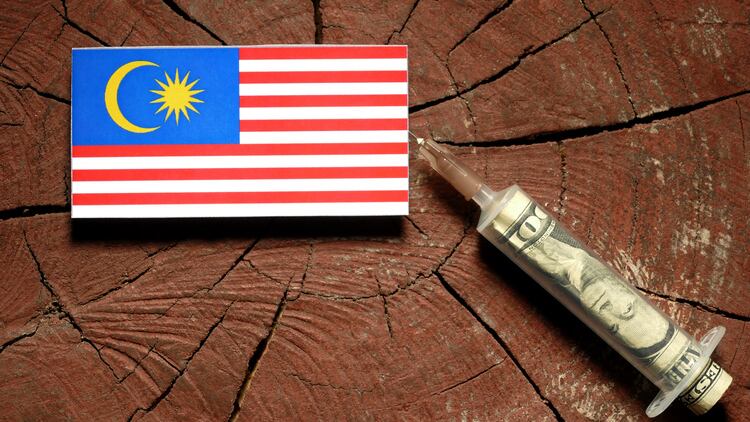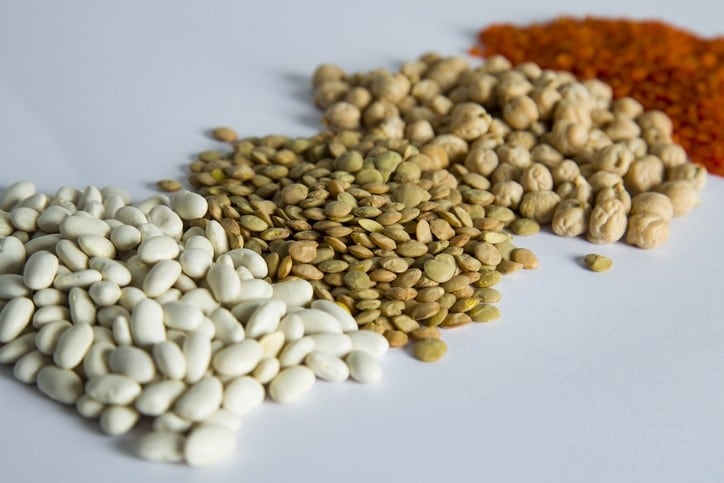The country has topped the Global Islamic Economy Indicator again and retained the position for the ninth consecutive year due to its food segment.
External investments also reached US$25.7bn in 2020/2021 at 118% year-on-year growth. Malaysia and Indonesia are the only two APAC countries receiving more than 20 investment transactions in that period.
The updates were highlighted in the State of the Global Islamic Economy Report: Unlocking Opportunity published by growth strategy advisory DinarStandard in partnership with Salaam Gateway and supported by Dubai Economy and Tourism.
“The importance of food security has been greatly underlined due to the pandemic. Countries have doubled down on food security policies, including the development of and trade in halal food. There have been significant mergers and acquisitions (M&A) among halal food players, while digitalisation has expanded across the value chain, from farm to fork. Foodtech has garnered particular attention towards improving the production, traceability of agri-produce, and logistics,” the report read.
Foodtech applications in the halal sphere
First, blockchain technology had been utilised to ensure the origins of food, notably meat, following several scandals worldwide. This effort was demonstrated by Malaysia’s Malakat Ecosystem, which developed the world’s first halal blockchain network for tracing the origins of imported beef.
Additionally, the nation’s authority on halal rulings, the Department of Islamic Development Malaysia (JAKIM), has implemented the usage of QR codes on packaging in light of the December 2020 meat scandal. The scandal involved meat importers who allegedly bribed officials for 40 years to import and sell frozen meat from non-halal-certified sources.
In 2015, a similar meat controversy outraged Egyptian Muslims when they unknowingly consumed dog, donkey and non-halal meat.
Another type of foodtech today is platforms like online delivery applications and cloud kitchens. These platforms will continue to generate investments – it amounted to US$3.97bn in 2020/2021. For example, the Turkish on-demand delivery service Getir received Series B, C and D funding in 2021, whereas the German food delivery service, Delivery Hero, acquired a UAE online grocery platform Instashop.
External investments
Investments for expanding food production became rapid. For instance, the US-based Tyson Foods acquired 49% of Malaysia’s Malayan Flour Mills’ poultry business for a cool US$104 million.
According to the report, halal food makes up 72% of the US$279bn in total imports made by OIC countries in 2020. There was also a strong signal in demand and opportunities for convenient and nutritious meals amid the pandemic chaos.
The report, featuring a Global Islamic Economy Indicator, analysed 81 countries and their development spanning various sectors, such as food, cosmetics, travel, fashion, media and recreation.
Besides Malaysia, the top 15 countries in the report also listed Indonesia as fourth and Singapore as seventh. New entrants to the top 15 include Kazakhstan and the UK.
The 1.9bn-strong Muslim spend on food and beverage (F&B) increased by 6.9% in 2021, from US$1.19 trillion to US$1.27 trillion. It is expected to grow by 7% in 2022 and reach US$1.67 trillion in 2025 at a four-year CAGR of 7.1%.




